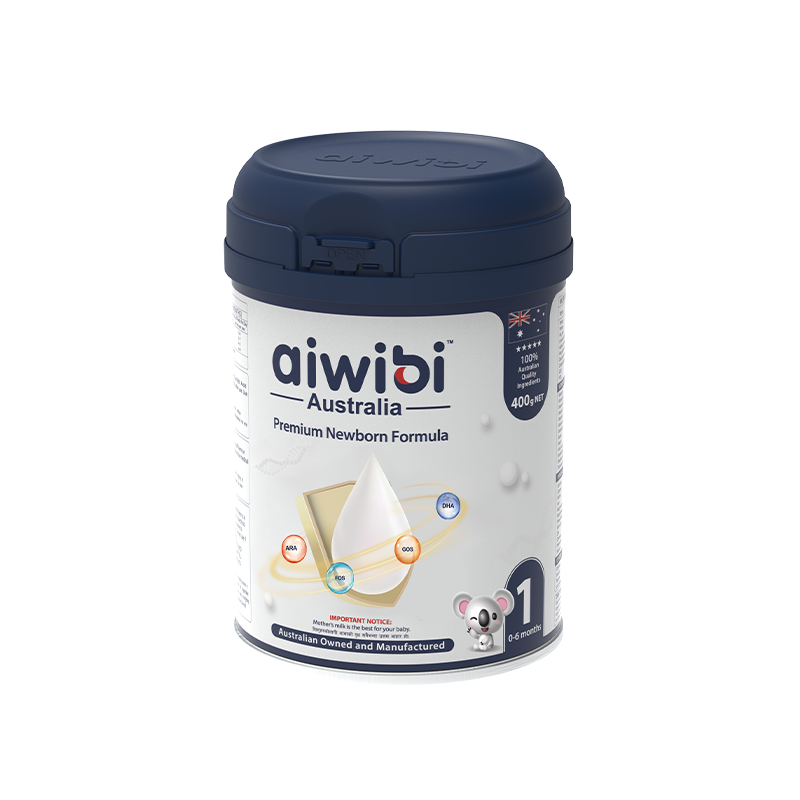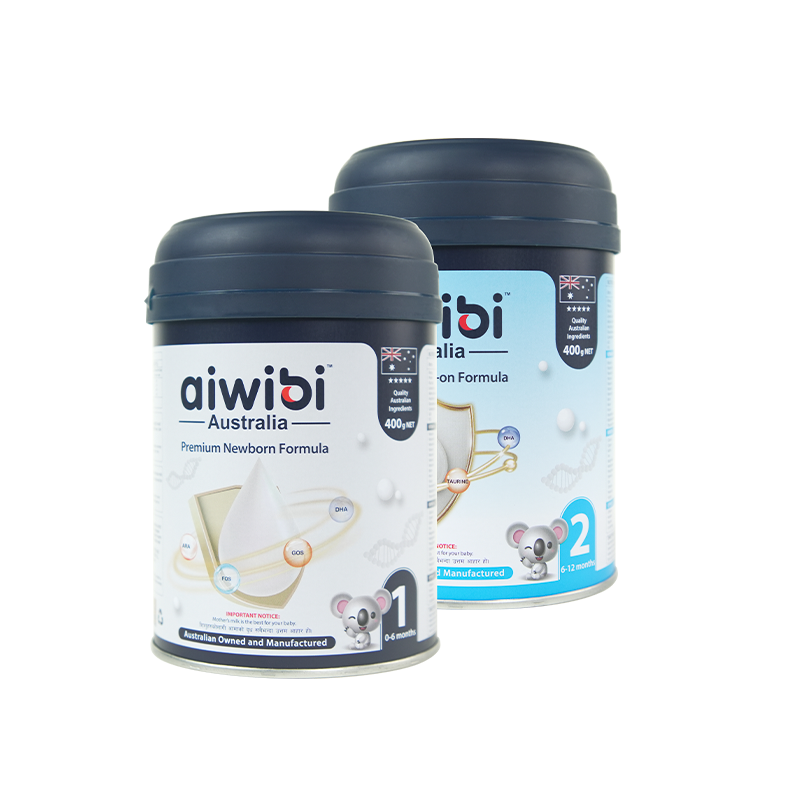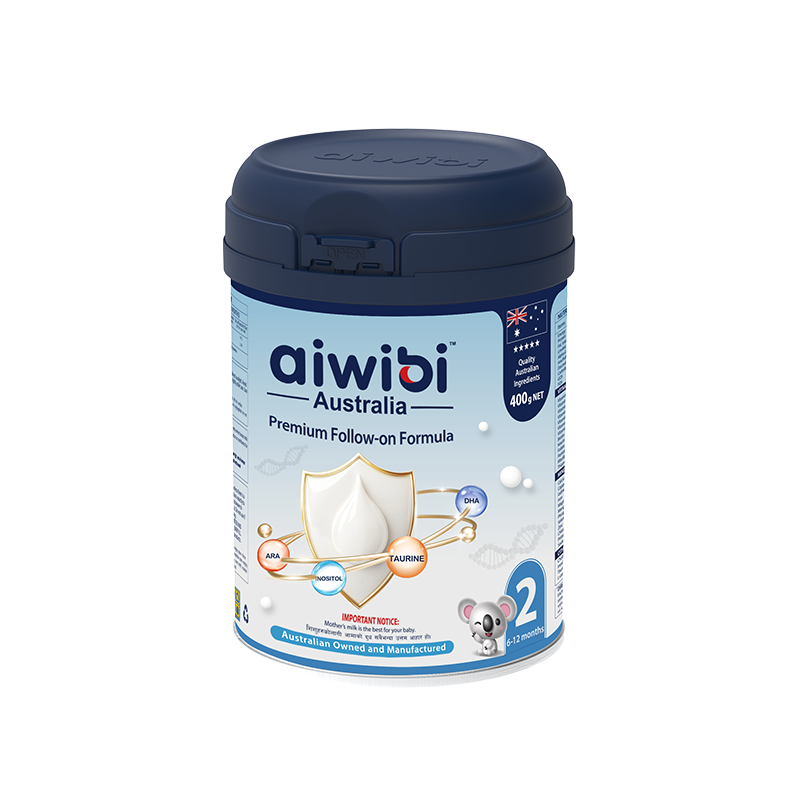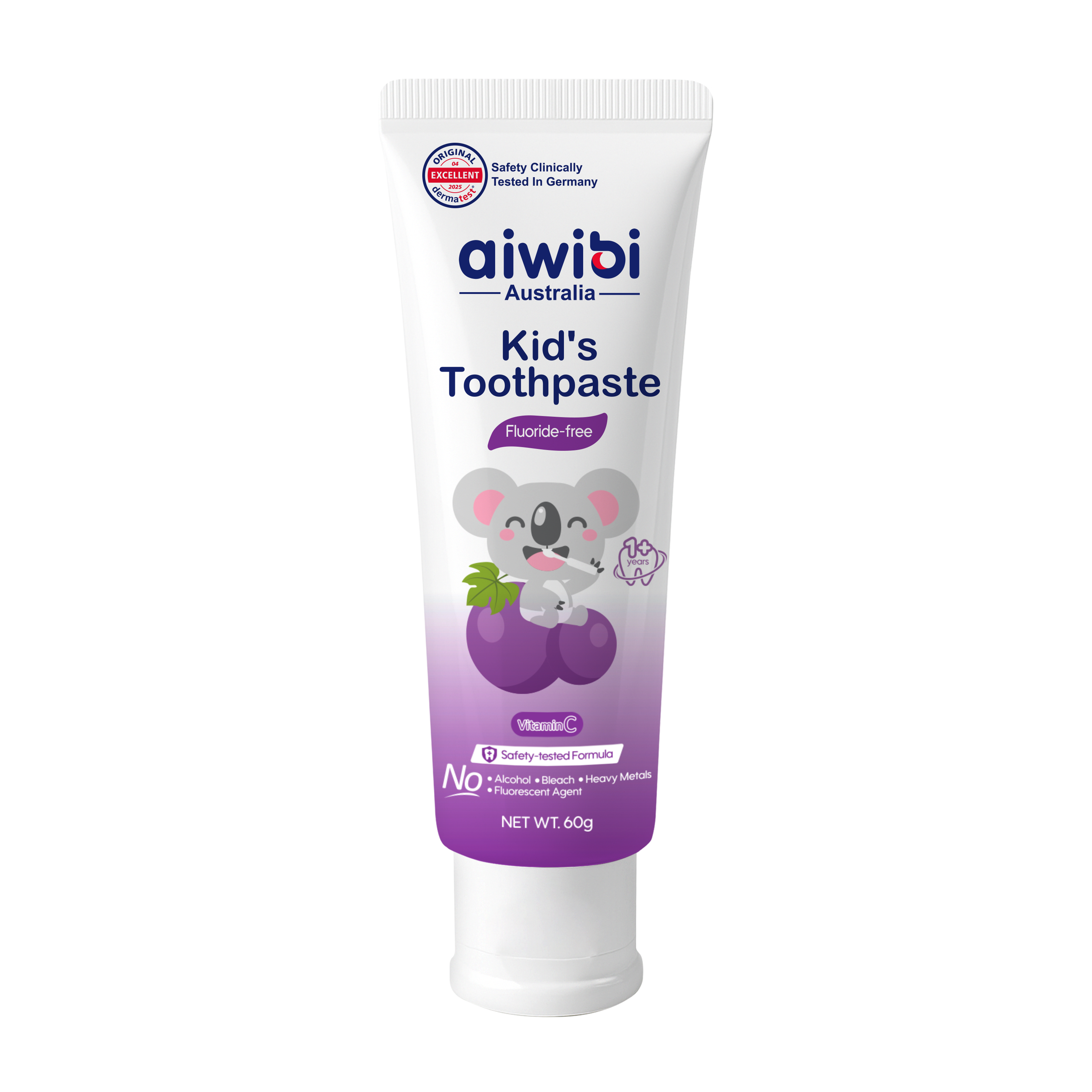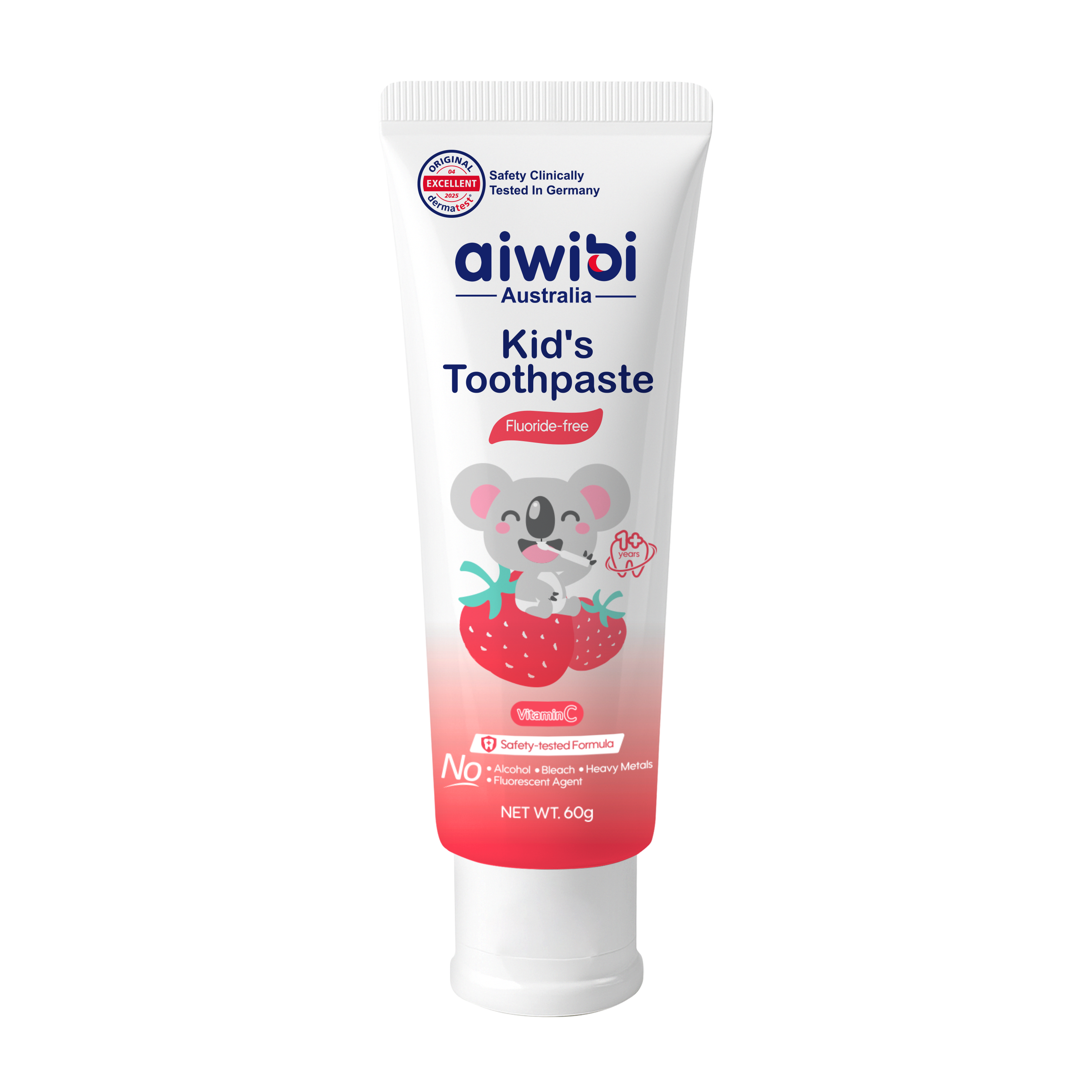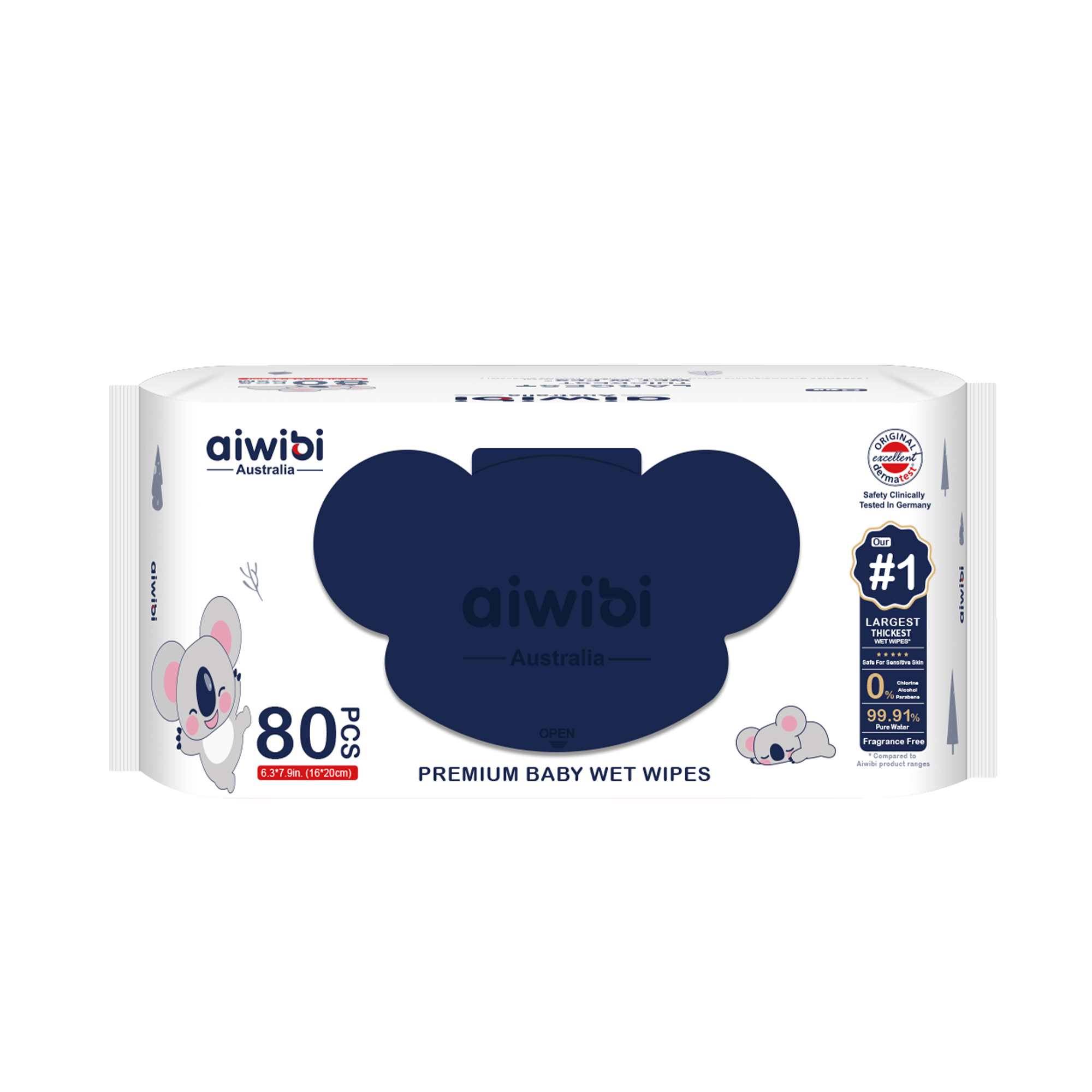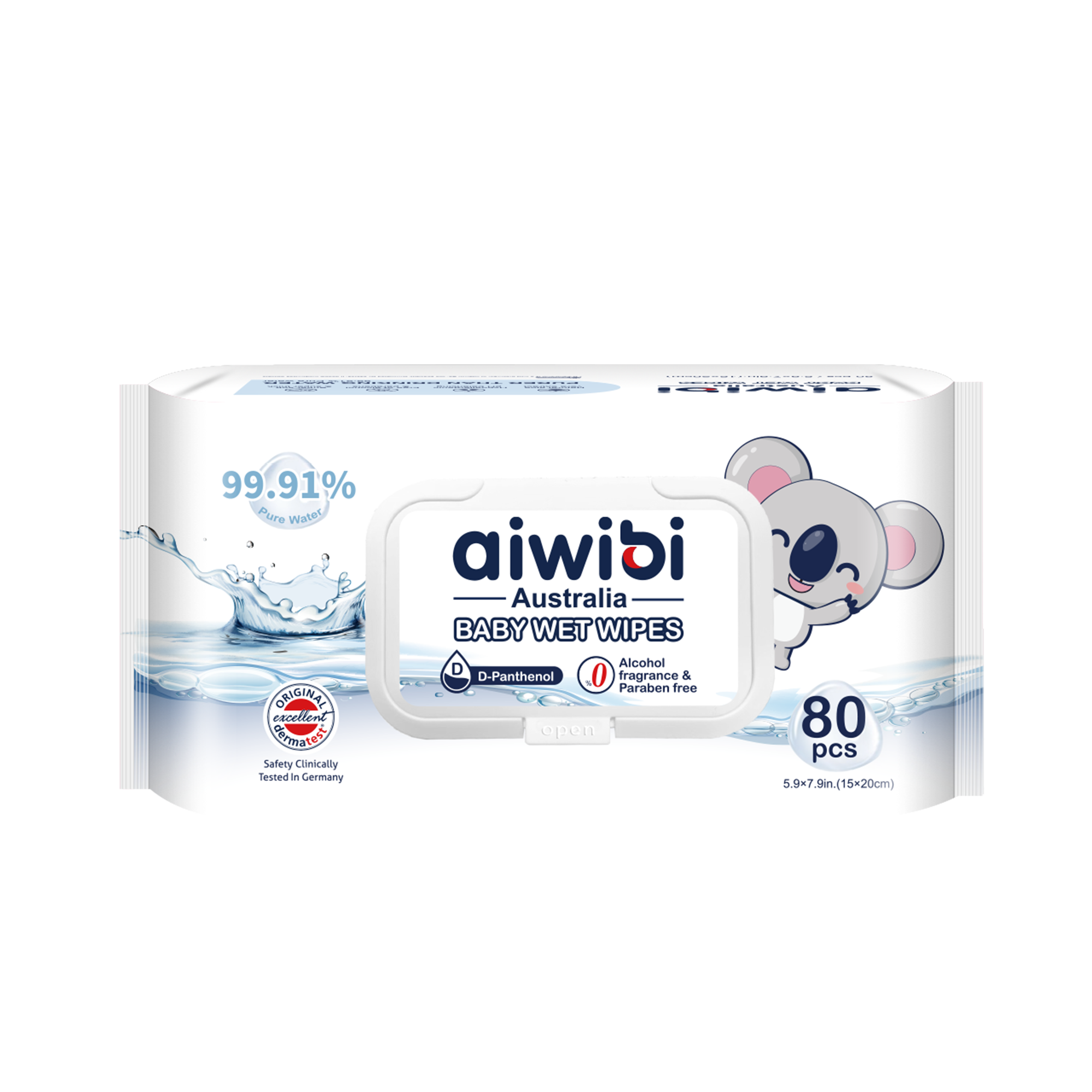As a new parent in Nepal, noticing your baby struggle with constipation can be worrying. While breastfeeding is nature's perfect food, many families need to use formula for various reasons. This guide explains the key differences between breast milk and formula that affect digestion, and provides practical, Nepal-friendly solutions to prevent and relieve your baby's constipation safely.
Why Formula-Fed Babies Get Constipated More Than Breastfed Babies
1. Protein Structure Differences
- Milk powder has larger protein molecules than breast milk
- Forms harder-to-digest milk clots in babies' stomachs
2. Calcium Absorption Issues
- High calcium in formula is not fully absorbed
- Can form calcium soap, worsening constipation
3. Lack of Natural Enzymes & Oligosaccharides
- Formula lacks digestive enzymes and prebiotics found in breast milk
- This slows gut movement and stool softening
Solution: Choose formula with:
- ✔ Probiotics (e.g., Lactobacillus)
- ✔ Prebiotics (e.g., oligofructose, oligogalactose)
5 Common Causes of Baby Constipation & How to Fix Them
1. Wrong Milk Powder Preparation
- Problem: Too thick or too thin milk causes digestion issues
- Fix: Always follow the instructions on the formula label
2. Low-Fiber Diet
- Problem: Babies eating solids need fiber (e.g., fruits, veggies)
- Fix: Add mashed peas, prunes, or oats to meals
3. Not Enough Water
- Problem: Dehydration hardens stools
-
Fix:
- 6-12 months: 300-500 mL water/day
- 1+ years: 800-1000 mL/day
4. Lack of Movement
- Problem: Less activity slows digestion
- Fix: Encourage crawling, tummy time, or gentle massage
5. Stress or Fear
- Problem: Anxiety can disrupt bowel movements
- Fix: Comfort baby and keep feeding times calm
6. Low Fat Intake
- Problem: Avoiding fats (e.g., oils) can cause constipation
- Fix: Add 1-2 tsp of vegetable oil to baby's food after 6 months


